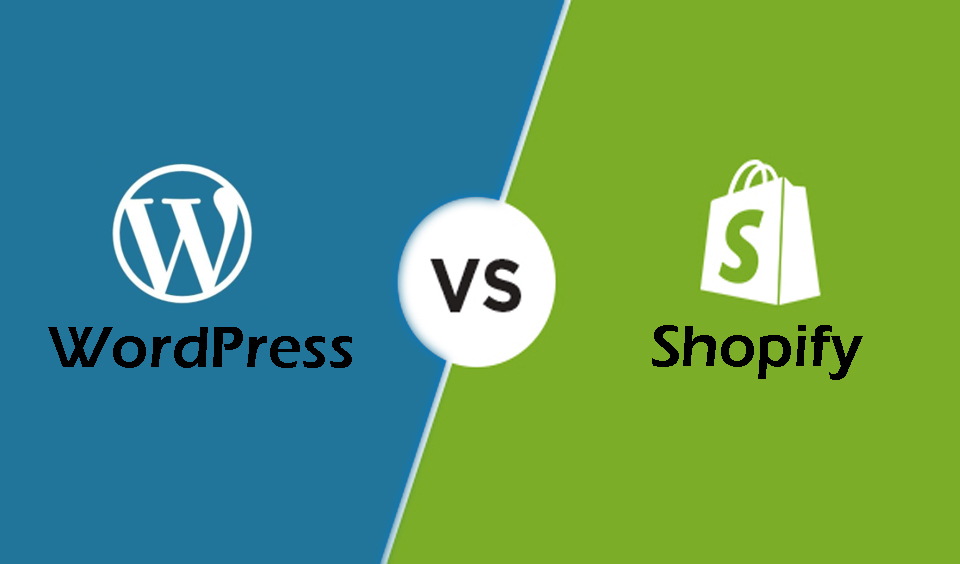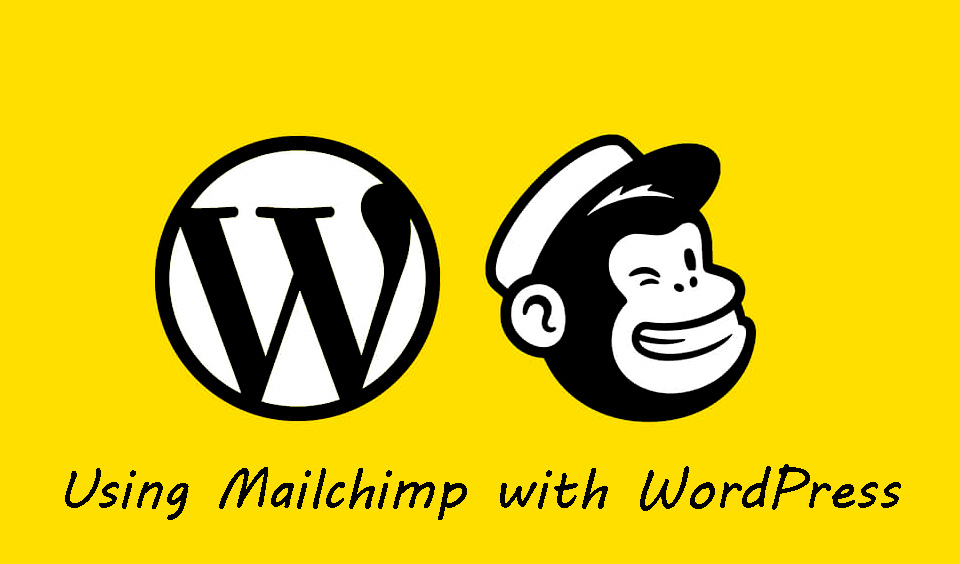The Wordpress editor is being upgraded! Gutenberg is coming with WordPress version 5.0. Gutenberg promises to revolutionise the way you edit your website. However, it may also break some of your existing pages, force you to adapt to new procedures, or replace plugins.
At fixed.net we'll keep you updated on Gutenberg's release, as well as how it is impacting website owners and designers. We're also here to help should you need us.
What is Gutenberg?
Gutenberg is an editor that uses a block structure in order to create media-rich content with as little technical knowledge as possible. It is designed to ease the building process.
Gutenberg features a “what you see is what you get” (WYSIWIG) approach. As you modify the page, you edit as if you were editing in place.
Impact on Plugins
Extendability of plugins is one of the key features of Wordpress: it makes it an extremely flexible CMS to use. However, the more plugins a website has, the higher the likelihood that:
- the speed of the website will slow
- plugins might conflict
- one plugin may have vulnerabilities
In addition, media or visual elements are often inserted with the use of shortcodes. Shortcodes are in the form of square brackets with a name and parameters inside (e.g. [reference id=12]). You might have used these when putting in social media inserts, galleries or contact forms. A bug with a plugin or site, or with your syntax, and you will see this shortcode instead.
There can also be potential problems with the indexing of shortcodes by search engines like Google.
Gutenberg helps with this by including most used media functions and combining them into the built-in editor.
Existing plugins will not be disabled, but we would expect that plugins where features are superseded by Gutenberg will stop being maintained.
About the blocks
Blocks can either be static or dynamic. Static blocks store everything that is necessary for their display. The most common examples are text and images.
Dynamic blocks require some processing or logic before generating their final output (a la shortcodes).
What to expect?
For many WordPress professionals Gutenberg is a revolution, as it will change the whole process of making a page/post.
For novice or newbie users with less technical skills, Gutenberg should help to make everyday posts and pages better. That said, the editor can some take some getting used to (see below for how to test it).
For developers, this is a good opportunity to develop custom blocks as well as other types of content that can be used with Gutenberg.
The substantiveness of the Gutenberg change should not be understated. It will ship with the new version of WordPress (5.0) and we expect the update to confuse a lot of users. There may be as yet unknown incompatibility with themes and plugins.
If you would like to visually test the new feature before upgrading to the new version you have two options:
- Install it as a plugin - as the developer version is public for everyone as a plugin to download and test. Fixed.net subscribers can request we do this for them.
- Visit this address and test the features live.




